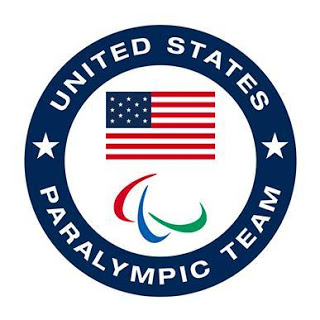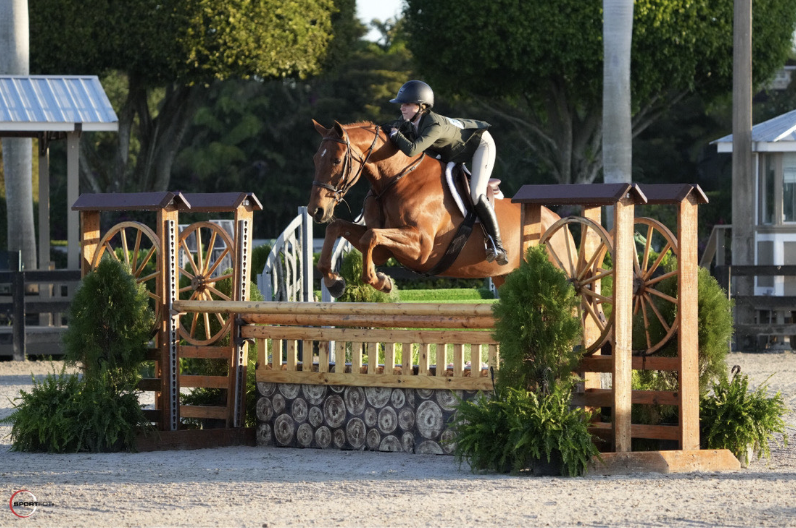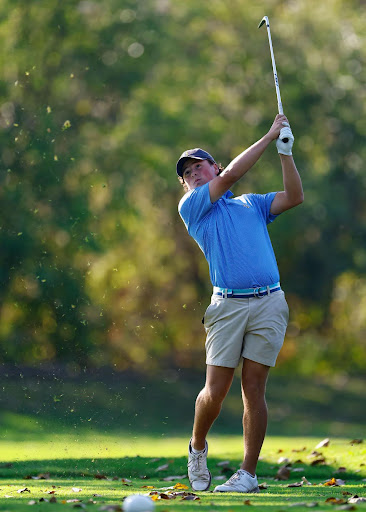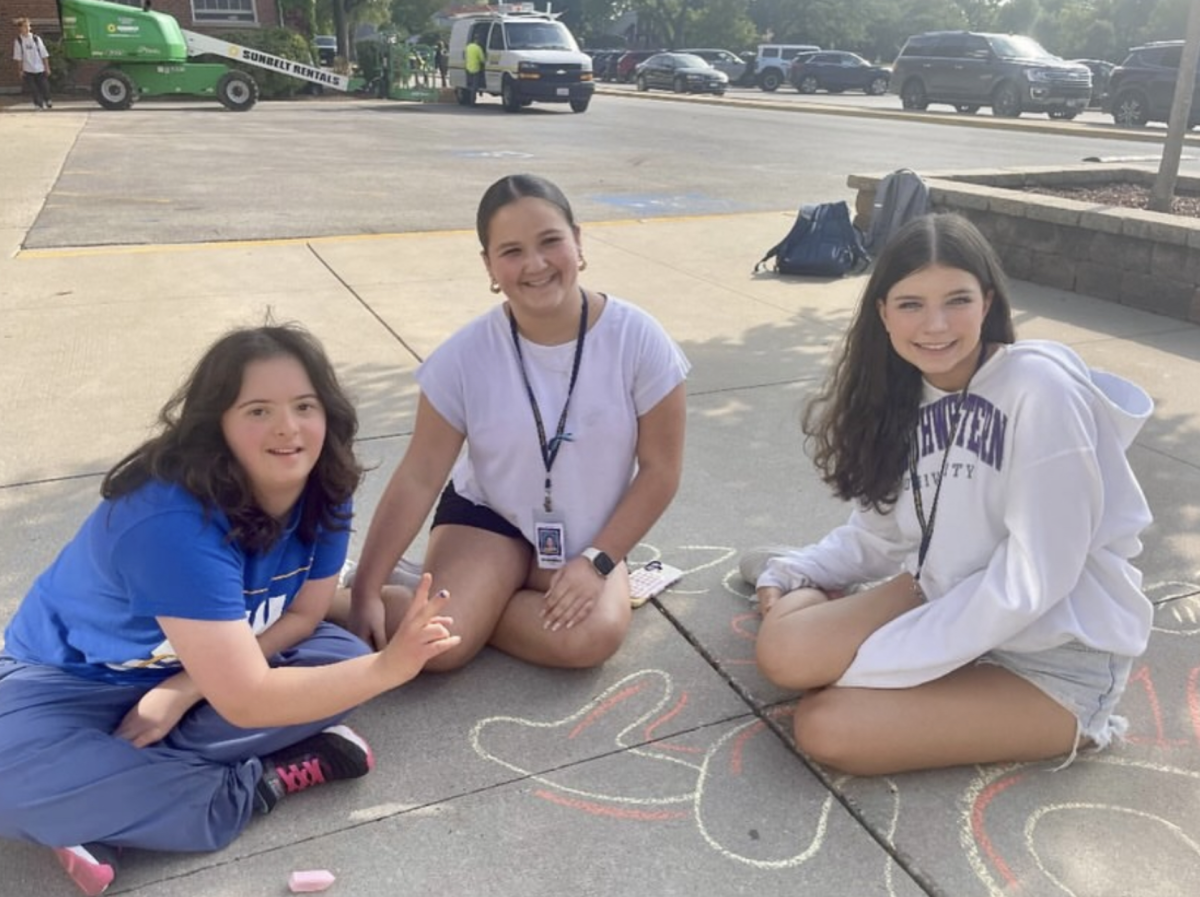On September 7, 2016 the 15th Paralympic Games began in Rio de Janeiro, Brazil. Some of you may have known that, others may have not. Either way, it is something we, as in the entire world, should be talking about.
Though the number of athletes in Rio in the Paralympic Games is less than half than that of the Olympic Games, that does not validate the shockingly low level of coverage the competition receives. Of course, we all know the renowned American Gold medalists: Michael Phelps, Simone Biles, Katie Ledecky… every one of their competitions was aired on prime time network television. But if I quizzed anyone on American Paralympians, I doubt anyone would know them. Thus, as retribution, here are a few examples of the incredible athletes who represented our country.
There is a blind long jumper, Lex Gillette. He sprints down a runway and jumps as far as 22.1 feet, without his sight. There is a one armed cyclist, Joe Berenyi; he speeds around a cycling track with only one arm to stabilize his bike. There is an armless archer, Matt Stutzman; he shoots an arrow–and hits the bullseye–with his feet. These athletes have put their heart and soul into not only learning how to play their sport with a disability, but have mastered it and are able to represent their country with pride while participating in an absolutely awe-inspiring event. They are not any less important than the able bodied competitors, televised during their moments of record–breaking glory. If anything, they’re as much, if not more inspiring. Not just because they may be impaired in some way. So often, NBC televises the struggles of how Olympians came into their own, what they worked through, and how they persevered. Although those stories are pathologically moving, their stardom is confirmed when they are showered with our nation’s admiration and become household names and heroes for our youth. The Paralympic athletes, on the other hand, don’t just represent our country, but they represent and inspire the entire disabled community and give them reason to continue to pursue their passions.
I don’t blame you for not being aware of these athlete’s successes in Rio. American news coverage is so corrupt that none of it is on TV. Also, the level of random, unimportant segments that are aired instead of the Paralympics is appalling. A few nights ago, during halftime of the NFL’s Opening Night, the Broncos vs. Panthers game on primetime Thursday television, the local news came on. This so-called “news” was a five minute long spiel about an overweight Chicago man’s “tragic” mishap… a misspelled Brian Urlacher jersey was shipped to him and he went off on a tangent on how it was absolutely a disgrace. NBC was airing that and not American Paralympic athletes winning bronze, silver, or gold. Their moment of gratification was sacrificed. And for that?
The Olympic Games are one of the most televised events globally. NBC aired 6,000 hours of Olympic competition and paid 1.2 billion dollars to be the only company with media rights to Rio. Seemingly every Facebook post, tweet, and commercial was something related to the Rio de Janeiro Games during that time. And rightfully so. The Olympics represent the epitome of a successful and pure athletic career–not tainted by salary caps, contracts, and endorsement deals–and only the most elite qualify; they deserve the high level of attention they get.
But so do the Paralympians.
We need to be talking about the Paralympic Games because if you haven’t noticed already, everything about their stories is driven by their character. We always here as athletes that talent sets the floor, but character sets the ceiling. I suggest we start following how the American athletes are competing in Rio, because they’re accomplishing numerous prodigious feats day in and day out. Feats that have an impact on so much more than just sports













